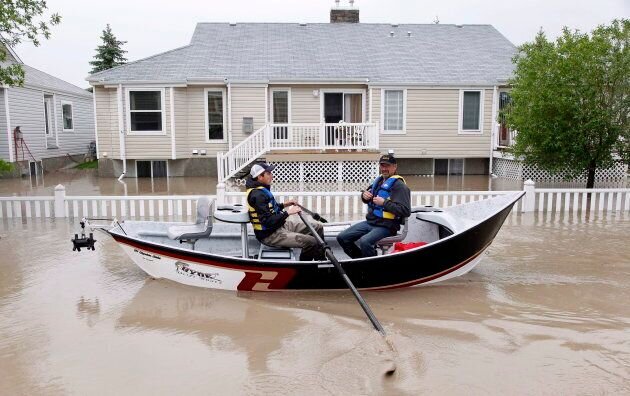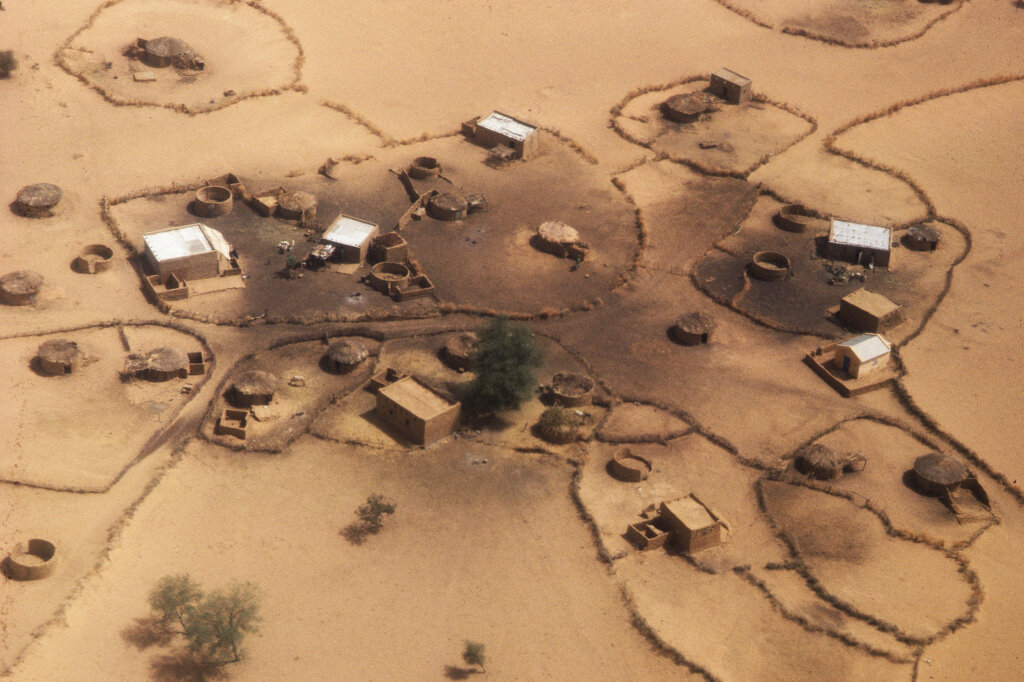Editorial

Poverty, the Built Environment, and Asthma: A recipe for environmental injustice in the South Bronx and low-income communities globally
Every year, around 4 million children are diagnosed with asthma globally [1]. Asthma is a non-communicable chronic disease characterized by difficulty breathing due to the lungs becoming inflamed from an asthmatic trigger with no known cure [2]. But if asthma is non-communicable, how are there 4 million cases being diagnosed each year?

COVID-Mediated Anthropause and the Pressing Need for a Planetary Health Perspective
The COVID-19 pandemic has stopped much of human activity in its tracks over the past eleven months, most notably due to many countries closing their borders, restricting public transport usage, and putting nation-wide lockdowns into place in an effort to enforce social distancing and control coronavirus case counts…

Combating Deforestation in Freetown, Sierra Leone
Growing up near the foot of the hills of Freetown, Sierra Leone in the mid-1990s, life was a pleasant mix of childhood bliss and bountiful surprises from family and neighbours…

The Sierra Leone Mudslide: An Environmental Disaster
Tragically, on August 14th, 2017, the Sugar Loaf Mountain in Freetown, Sierra Leone suffered a massive mudslide…

Tofu, Recycling Shipments, and Dioxin: How the Western World’s Waste is Contaminating Food in South-Eastern countries
The West takes pride in its general emphasis on recycling. Most homes have recycling facilities nearby, public facilities such as malls and parks have numerous bins, and schools teach their students about the importance of sorting and properly disposing of their waste…

Climate on the Mind: The Psychological Effects of Climate Change
Daily life is relatively unpredictable. The lack of job security, capricious governments, stagnating economic growth, along with the micro-annoyances of an average day, can amount to significant loads of stress.

The California Wildfires and their Impact on Health
According to the California Department of Forestry and Fire Protection, the 2018 wildfires have been the most destructive in history, with close to 2 million acres of land burned…

The Impact of Climate Change and Vector-Borne Diseases: The Case for Dengue Fever and Lyme Disease
Vector-borne diseases are among the most well-studied diseases, with an extremely high global disease burden of approximately 96 million…

The Connection between Increased Rates of Infectious Disease and Deforestation in Tropical Rainforests
In recent history, dangerous pandemics of emerging infectious diseases, such as the severe acute respiratory syndrome (SARS) outbreak of 2003 and the Ebola outbreaks of 2013 and 2018, have had devastating effects…

Dean’s Leadership Series: Reflections on Climate Change and Urban Health
The final instalment in the Dean’s Leadership Series, organized by the University of Toronto’s Dalla Lana School of Public Health (DLSPH), focused on the topic of maximizing urban health and minimizing climate change…

Flowing in Circles: Mercury Cleanup in Grassy Narrows
Between 1962 and 1970, a Dryden pulp and paper mill dumped nearly 10 tonnes of mercury into the English-Wabigoon River system, which runs through the Asubpeeschoseewagong Netum Anishinabek (Grassy Narrows) First Nation and the Wabaseemoong (White Dog) Independent Nation…

Climate Change: New Extremes
As climate change progresses, we should expect more frequent, severe, and prolonged extreme heat events than would otherwise occur. There are numerous aspects of climate change that are associated with human health effects…

Interview: Will the Canadian government guarantee its citizens the right to a healthy environment?
Juxtaposition sits down with Peter Wood, the BC-based Environmental Rights Campaign Manager for the David Suzuki Foundation, to discuss the BlueDot movement. BlueDot aims to push the Canadian government to recognize the right to a healthy environment for every Canadian.

Poverty and the Environment: Beyond Flint
Children, who are the most vulnerable to lead poisoning, have been some of the hardest-hit victims of the contamination of the Flint, Michigan water supply. The crisis began when the city began sourcing its water from the Flint River in May of 2014…

When Two Elephants Fight: Climate Change and Militant Groups Across Africa
As continued effects of degradation of the environment reach across many aspects of health and development, the impacts of climate change on human health are still being understood. While climate change is a global phenomenon mostly perpetuated by rich nations, it is usually the poorer nations who bear the brunt of the burdens…

Student Leaders’ Letter on Divestment from Fossil Fuels
On January 21, UofT350 released an open letter to University of Toronto President Meric Gertler calling for fossil fuel divestment. This was signed by multiple student groups, including Juxtaposition.

Climate Change: Our Obligations for Global Health
There is significant and increasing evidence that climate change has serious effects on health that will only exacerbate with time. The spread of vectors, such as mosquitoes and deer ticks, increases the occurrence of vector-borne diseases. More frequent extreme weather events cause accidents and injuries that tax our healthcare systems…
